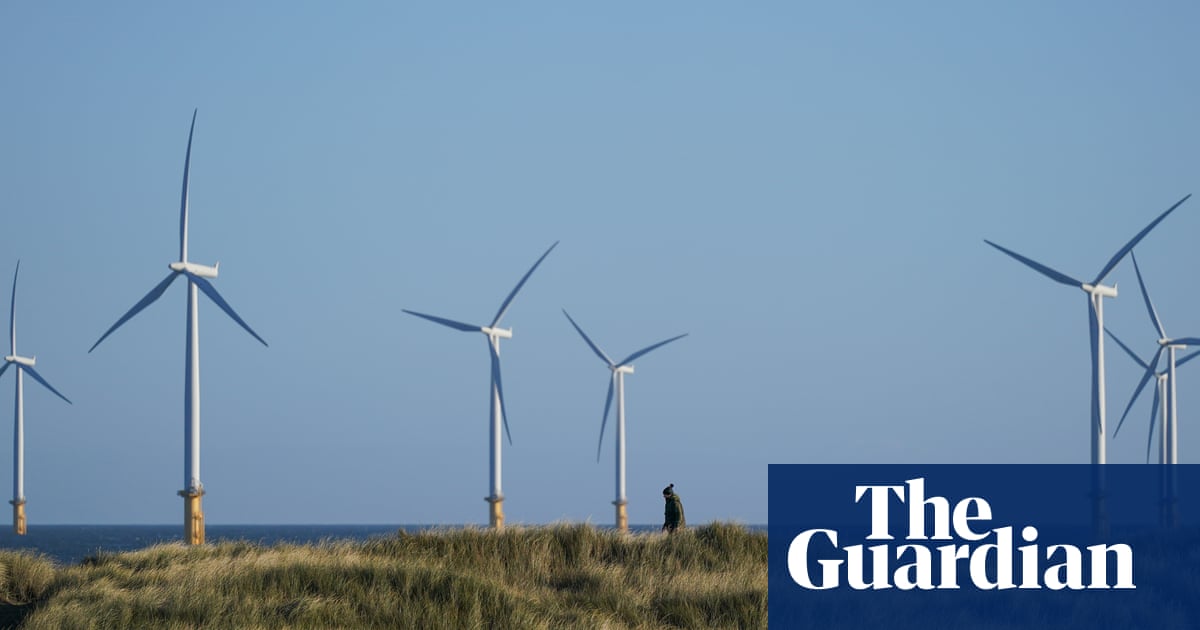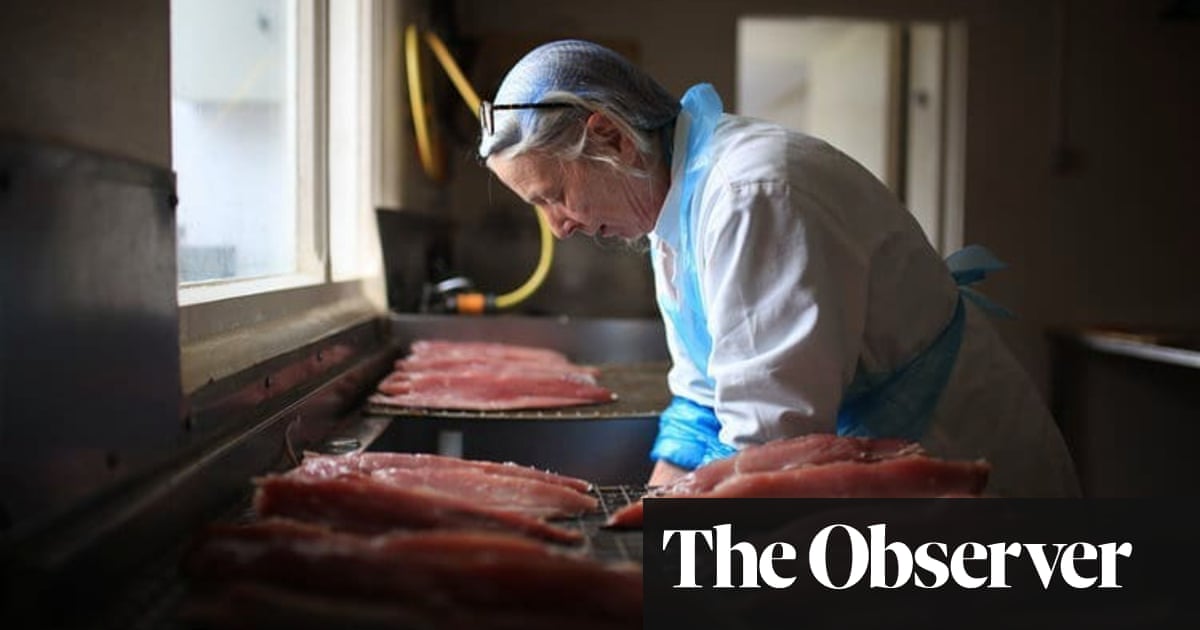
British families trying to help Ukrainian relatives get to safety in the UK have expressed frustration and fury at the continued bureaucratic and technical hurdles involved, despite government promises to cut the red tape involved in the family reunification scheme.
Applicants said they were struggling with a range of problems – such as online application forms that crash, difficulty in getting clear guidance from helpline staff, some advice hotlines charging premium rates of 69p a minute, delays in visa processing times and extended, expensive stays in hotels in unfamiliar countries with no clarity about when visas will be granted.
Although the rules governing the Home Office-administered Ukraine family scheme are to change from Tuesday, removing the need for applicants to get fingerprinted before coming to the UK, about 22,000 people who have already submitted applications have been given no information about how to proceed.
Several families with elderly and vulnerable relatives told the Guardian that they were concerned about the protracted delays in processing UK visas.
Anna Malyna White, an interpreter from Glasgow, was attempting to bring her parents, Viacheslav Malyna, 84, and Zhanna Malyna, 82, to the UK. Both are retired civil engineers from Kharkiv, with serious health conditions, but despite attempts to flag the urgency of their situation to Home Office staff, all three have been stuck in a hotel outside Budapest since last week, unclear about whether they will need to wait until 28 March, for a scheduled biometric appointment, or if the changing rules will allow the family to travel to the UK sooner.
Malyna White visited the Budapest visa application centre on Thursday to try to get clarity. “Employees are stressed. Some looked on the verge of a nervous breakdown,” she said. She was frustrated that the government had cited security concerns as its justification for putting applicants through a protracted checks. “My parents have been traveling to Britain to see their granddaughter for 16 years, they’ve had several multiple entry visas, they’re already in the Home Office system and they pose no threat to anyone. It is such a humiliating process.”
She added: “These are people who have already fled 900 kilometres in a car, without food or water or a change of clothes. They’re running out of their medication, which we can’t get here without a prescription – and now they have to wait for clearance. It makes no sense.”
Her father, Viacheslav Malyna, said: “The rules change so often and we still have no idea when we will actually get a visa. We feel very disappointed – not just from a moral point of view, but also because we’re not rich people. We can’t afford to stay on in a hotel because it is very costly.”
The Home Office is to make it clear on Tuesday that those who have biometric appointments arranged later in the month no longer need to attend them, but will just need to upload their Ukrainian passports on to a website, and then wait for their applications to be processed – but applicants have not yet been informed that this is the revised procedure.
Other applicants said that the processing time, even once the biometric tests have been done, is already taking longer than officials guidance suggests. Musician Robin Jax submitted an application on 4 March for his Ukrainian wife, Miroslava, and his mother-in-law Hanna Tkachenko, who uses a wheelchair. They met in Warsaw after she had fled Ukraine alongside about 2,000 people on a train designed for 560 passengers. Jax organised a visa appointment last Monday, where they gave fingerprints and were told that the application would probably be processed sometime after 24 hours and within five days. They are still waiting for confirmation that the visa has been granted.
“Every UK Visas and Immigration member of staff I speak to is very compassionate, but they are caught by the fact that the policy is changing faster than they can answer our questions and we’re just stuck in limbo, waiting,” he said, adding that he was dismayed to be asked to give his bank details when he contacted a UKVI helpline, and charged 69p a minute for the call duration. “The system is set up against people who have had to leave their homes in the worst circumstances imaginable. I don’t think the UK response has been particularly humanitarian.”
Lawyer Rosie Schumm has spent the weekend trying to make applications on behalf of her mother’s Ukrainian cousins, but she found that the website crashed when she tried to input information.
She said: “The system is impenetrable and extremely complicated for me to use, even as a lawyer and with English as my first language. It took me four hours to complete and, after asking me to provide the most ridiculous number of documents, guided me to an outsourced page for making appointments in a biometric centre in Moldova – which has no available appointments whatsoever.”
The Home Office was unable to give average times for visa processing. A government spokesperson said: “We have expanded our Visa Application Capacity to 13,000 a week, deployed additional staff across the EU, with a 24/7 helpline in place to ensure those who need appointments can get them to come here. This allows us to balance security risks while welcoming those in need.”












